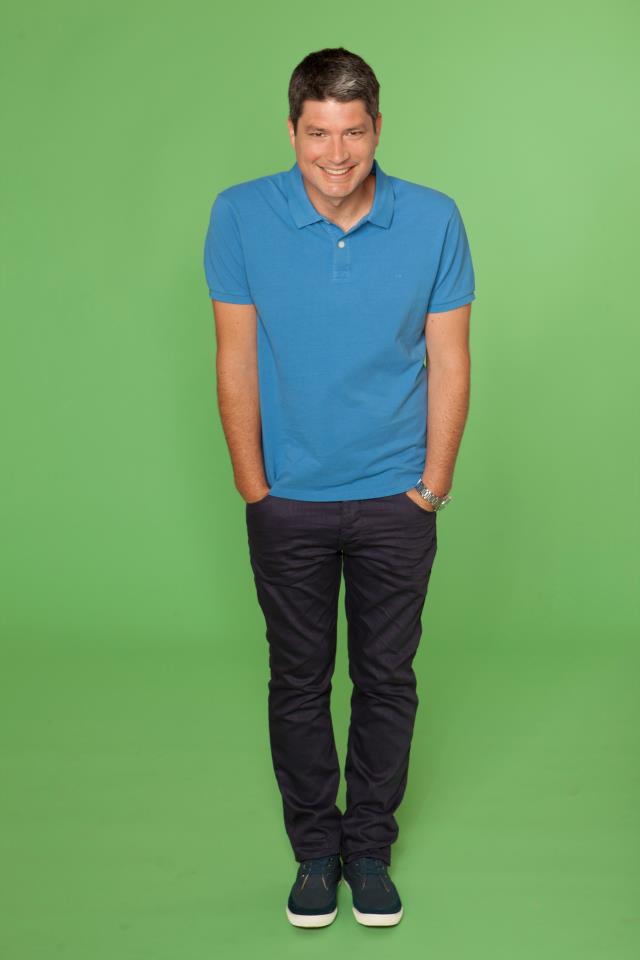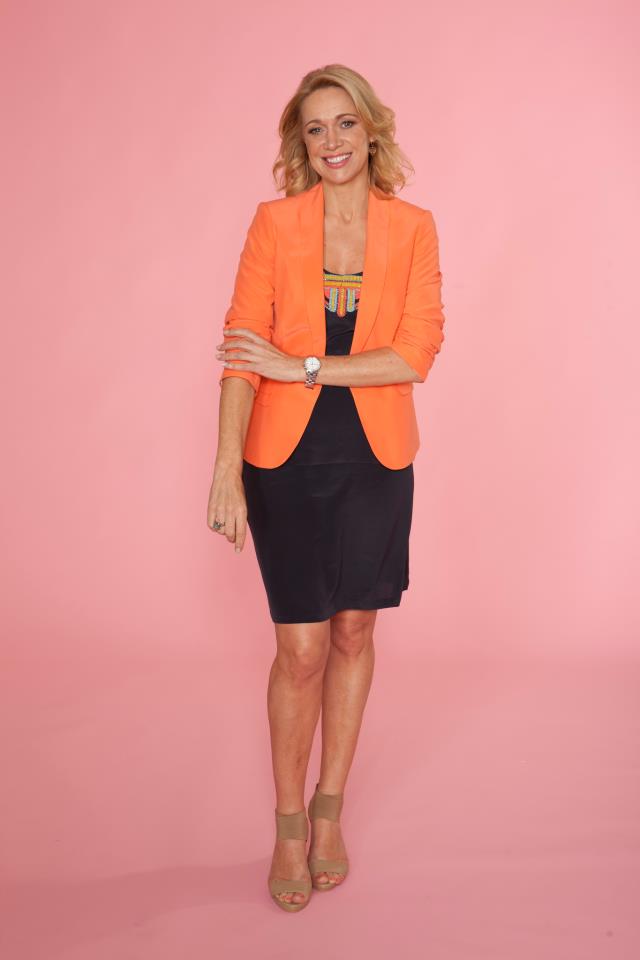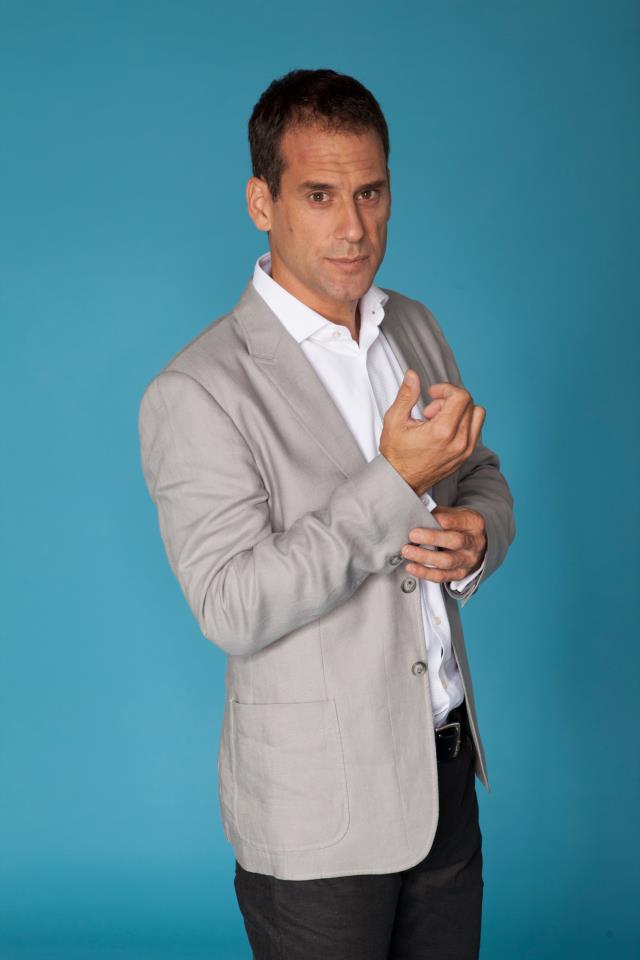Seven Sharp – Two's company, three's a crowd
Friday's edition, when Boyed was not in the studio, was the most fluent of the week. Why each presenter is miscast:
Friday's edition, when Boyed was not in the studio, was the most fluent of the week. Why each presenter is miscast:
The best comment I’ve heard about Seven Sharp came from Canterbury University senior journalism lecturer Tara Ross who said: "We were invited to tweet and we were invited to vote, but what were we invited to think about?”
My answer would be: little of any consequence.
There’s nothing inherently wrong with that – the utterly brilliant QI deals almost exclusively in ‘quite interesting’ ephemera. I can watch, and have watched half a dozen episodes on the trot and could happily have watched half a dozen more. Informative, irreverent, rude, challenging, side-splittingly funny. All the things Seven Sharp isn’t.
Given the quality of talent available to the BBC, the comparison is of course unfair. And QI makes no claim to be anything other than an (admittedly somewhat intellectual) entertainment.
Television New Zealand’s head of news and current affairs Ross Dagan, on the other hand, does a disservice to the producers and presenters on Seven Sharp, not to mention its viewers, by continuing to insist that Close Up’s replacement is still a ‘prime-time current affairs’ programme.
It isn’t, at least not in the common usage of the term. Collins English Dictionary defines ‘current affairs’ as ‘relating to events and developments taking place in the world now, or the way in which these are covered or presented by the media’. The only prime-time network programme that currently comes close to that definition is Campbell Live.
Had Seven Sharp been billed as a ‘magazine programme offering a light-hearted and occasionally serious look at the events of the day’, its producers and presenters would have been spared the tsunami of criticism and viewer disappointment that has all but swept the programme away.
But whether you regard it as a current affairs, magazine or entertainment programme, Seven Sharp has structural problems that will be nigh on impossible to fix.
Each of the presenters is miscast.

Jesse Mulligan is a comedian, at home in improv, stand-up, and the irreverent, salacious and frequently downright obscene comedy of Seven Days which, incidentally, is pre-recorded and heavily edited. His role on Seven Sharp is to make mildly satirical observations about people in the news, primarily politicians and to do so live and without the benefit of editing. Unsurprisingly, his efforts to date have disappointed viewers.

Ali Mau is a journalist, primarily known here as a first-class television newsreader and, more recently, Fair Go co-host. The skills required in both formats are mainly to-camera presentation skills. She has also co-hosted Newsnight with Marcus Lush and Breakfast with Mike Hosking and occasionally Paul Henry. These are late night and early morning programmes with two co-hosts. Close relationships tend to develop between presenters working these unseemly hours and their individual roles and status are clearly defined.
Mau’s role on Seven Sharp is ill-defined and she appears uncertain of it herself. Neither comedian nor hard-line interviewer, she is expected to engage in banter and tag-team interviews with not one but two other presenters. This is the most difficult and least productive form of interviewing, since sequential follow-up is virtually impossible. Tag team interviews are inevitably all over the place.

Greg Boyed’s background is also in journalism. He is best known as a newsreader and an increasingly hard-line current affairs interviewer, most recently on Q & A.
He is currently the dominant performer on Seven Sharp, overshadowing both Mulligan and Mau.
Boyed is reputed to have a good sense of humour, but his attempts on Seven Sharp to date have been clumsy. More importantly, his tough interviewing style is wasted in the tag-team format where ‘getting stuck in’ to interviewees would seem out of place and the allocated time, now even shorter than it was on Close Up, would in any event make it impossible.
Interestingly enough, Friday’s edition of Seven Sharp, when Boyed was not in the studio, was the most comfortable and fluent of the week. I don’t intend this as a criticism of him. It merely demonstrates the truth of my assertion that a presenting duo can achieve an intimacy and mutual understanding that conveys itself to viewers and that this is a much more difficult ask for a trio.
Television audiences, I suspect, often imagine that there’s a romantic or sexual attraction between a male/female duo. Was Paul Henry really in love with the gorgeous (and occasionally motherly) Pippa Wetzell? And would Mike Hosking fall for Kate Hawkesby? Well, he did.
This sort of audience fantasising is probably good for ratings. But a presenter ménage à trois is unlikely to enter the mind of the average viewer, least of all in this case.
Perhaps the major by-product of the miscasting of these three presenters is the lack of edge in the banter and the show at large. Mulligan’s humour cannot really offend, Boyed cannot really get stuck into a guest, and Mau, whose strength is as a host/presenter has little opportunity to shine.
Nobody really knows why they’re there and no-one can do their own thing.
There are other problems. Presenters and viewers are expected to make sudden mental gearshifts between light-hearted banter and sometimes emotionally challenging stories. There seems to be no realisation that the expectations of Twitter and Facebook followers are not the same as those of the average prime-time television viewer. And, in trying to be all things to everyone, Seven Sharp ends up being neither flesh, fowl nor good fresh herring and satisfying no one.
If the programmes is to succeed, TVNZ and the producers of Seven Sharp are going to have to decide what it is. You can’t blame a loss of 200,000 viewers in one week on the weather or a public holiday.